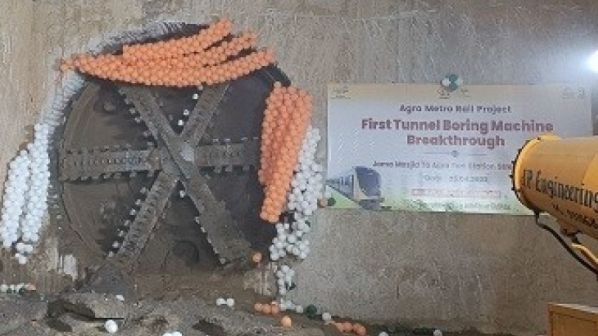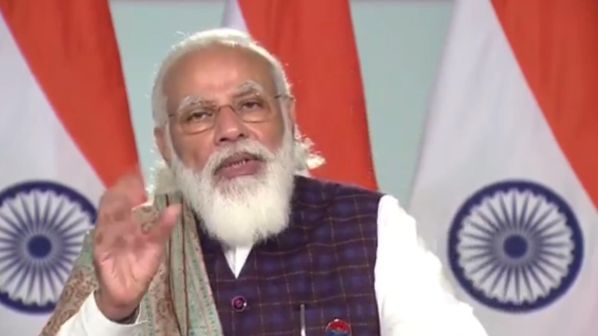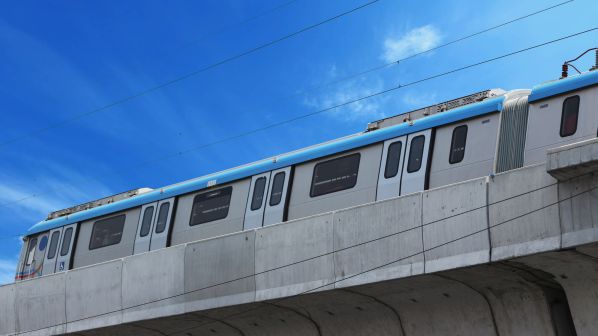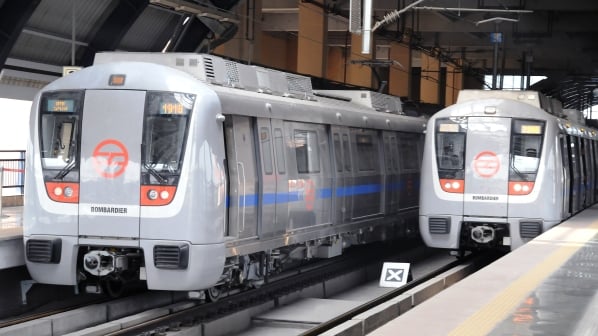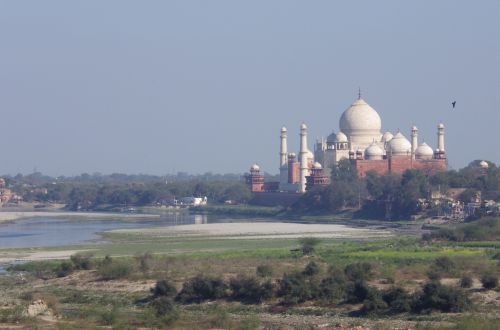WORK on construction of the Agra Metro in India has reached an important milestone with a breakthrough achieved in boring the tunnel between Jama Masjid and Agra Fort stations, reports FS Group, whose Italferr consultancy subsidiary is part of a joint venture with Spanish company Typsa that is providing general consultant engineering services for the project.
On April 25 the 6.52m-diameter and 95m-long TBM reached the site of Agra Fort station and will next proceed to Taj Mahal station. The TBM was launched in February by Uttar Pradesh state prime minister, Mr Yogi Adityanath, and has since completed 334m of tunnelling from the launch site at Ramleela Maidan.
“This is the fastest breakthrough of tunnelling between two stations achieved by any metro project in the country - a record 77 days since the TBM was launched,” said UP Metro Rail managing director, Mr Sushil Kumar. “We are committed to starting metro operations six months ahead of schedule in March 2024.”
The Italferr and Typsa joint venture was appointed in 2020 and construction of the Agra Metro was officially launched in December of that year. The Rupees 83.79bn ($US 1.14bn) metro system will consist of two lines with a combined length of 29.4km and will connect all the city’s major tourist attractions with mainline railway stations.
The 14km Line 1, from Sikandra to Taj East Gate, will comprise a 6.35km elevated section and a 7.65km underground section, with 13 stations. The 16.2km Line 2, from Agra Cantt to Kalindi Vihar, will comprise a 15.4km elevated section and 0.8km at grade, with 14 stations.
Work on the 7km Phase 1 section of Line 1, from Jama Masjid to Taj East Gate, was originally expected to take five years to complete but is now expected to be completed in 2024. The metro is expected to greatly alleviate the city’s severe road congestion and pollution, the urban area having experienced unprecedented expansion in recent decades, growing in size more than tenfold.
The metro network is expected to serve around 2.6 million Agra residents and six million tourists every year and will be operated by a fleet of three-car Movia trains, construction of which was originally contracted to Bombardier, which has since been acquired by Alstom.
For detailed data on metro projects in Asia and around the world, subscribe to IRJ Pro.
